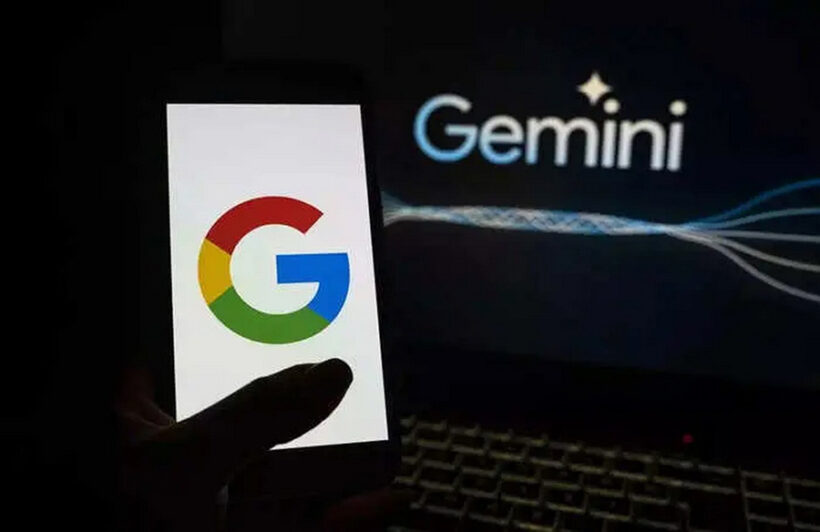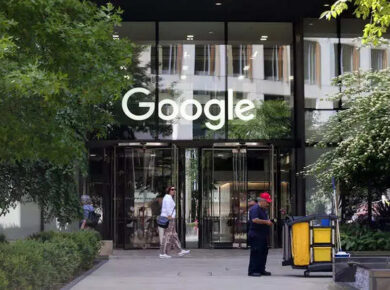Google, renowned for its mission to organize information worldwide, is facing intense scrutiny over its recent AI mishaps, raising concerns about information accuracy and cultural biases.
Mission Statement and AI Integration
Google’s longstanding mission, “To organize the world’s information and make it accessible and useful,” remains central to its operations. However, with the advent of a new AI era, questions arise about potential disruptions to this core mission due to AI advancements.

Critiques of Google’s AI Model
Critics argue that Google’s AI, while crucial for information retrieval, may unintentionally suppress information by being overly “woke.” Concerns stem from instances where the AI generates inaccuracies or withholds information.
Google’s Dominance in Information Flow
With over 90% market share in search, Google wields significant control over online information flow. As its AI becomes more integral to data retrieval, ensuring accurate and unbiased information is paramount.
Issues with Gemini AI Model
Gemini, Google’s AI model, faced backlash when users reported inaccuracies in its image-generation feature. For example, it produced historically inaccurate depictions of America’s founding fathers, showcasing diversity but straying from historical accuracy.
Cultural Biases in AI Development
Critics blame Google’s culture for these issues, highlighting how biases in AI models can stem from human biases and data used for training. These biases, related to race and gender, can lead to problematic outputs.
Industry Response and Calls for Change
Industry figures like David Sacks and Brad Gerstner have criticized Google’s handling of AI biases, labeling it a “cultural mess” and a “woke bureaucratic blob.” They urge Google to address these cultural issues to prevent further mishaps.
Google’s Acknowledgment and Path Forward
Google’s VP Prabhakar Raghavan acknowledged Gemini’s inaccuracies and over-caution, signaling a need for corrective measures. To uphold its mission, Google must navigate AI development carefully, avoiding biases and ensuring accurate information retrieval.










